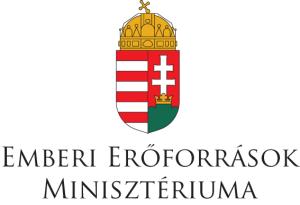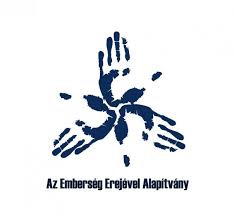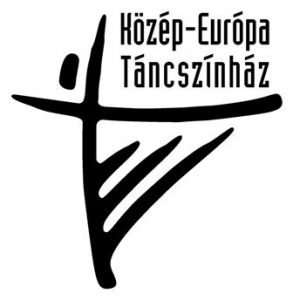The key research findings
What does the research tell us about those students who regularly participate in educational theatre and drama activities? Here is a brief summary: compared with peers who had not been participating in any educational theatre and drama programmes, the theatre and drama participants
- are assessed more highly by their teachers in all aspects,
- feel more confident in reading and understanding tasks,
- feel more confident in communication,
- are more likely to feel that they are creative,
- like going to school more,
- enjoy school activities more,
- are better at problem solving,
- are better at coping with stress,
- are significantly more tolerant towards both minorities and foreigners,
- are more active citizens,
- show more interest in voting at any level,
- show more interest in participating in public issues,
- are more empathic: they have concern for others,
- are more able to change their perspective,
- are more innovative and entrepreneurial,
- show more dedication towards their future and have more plans,
- are much more willing to participate in any genre of arts and culture, and not just performing arts, but also writing, making music, films, handicrafts, and attending all sorts of arts and cultural activities,
- spend more time in school, more time reading, doing housework, playing, talking, and spend more time with family members and taking care of younger brothers and sisters. In contrast, they spend less time watching TV or playing computer games,
- do more for their families, are more likely to have a part-time job and spend more time being creative either alone or in a group. They more frequently go to the theatre, exhibitions and museums, and the cinema, and go hiking and biking more often,
- are more likely to be a central character in the class,
- have a better sense of humour,
- feel better at home.
The research proves that educational theatre and drama also significantly supports the targets of the most relevant EU level documents, such as the Europe 2020 strategy. Educational theatre and drama has a significant and objectively measurable impact on five of the eight key competences: Communication in the mother tongue; Learning to learn; Interpersonal, intercultural and social competences, civic competence; Entrepreneurship and Cultural expression. Raising citizens with educational theatre and drama in the curriculum will result in
- rise in the employment rate,
- reduction in the number of early school leavers,
- raising the overall quality of all levels of education and training,
- stronger synergy between culture and education,
- more active citizens,
- citizens being more sympathetic towards cultural diversity and intercultural dialogue,
- more innovative, creative and competitive citizens.
In contrast, however, in many countries educational theatre and drama
- has low funding and/or status,
- does not have a place in the national curriculum and/or the tertiary education system.
Key recommendations
Therefore, we hereby call on all responsible decision makers, from school directors to the Commissioner of the European Union, to recognise the significance of educational theatre and drama. We have the following main recommendations:
- The school system: All children should have regular access to educational theatre and drama in their schooling, mandated throughout the national curriculum, and taught by well-trained theatre and drama specialists.
- Tertiary education: All teachers working in European schools should have a basic knowledge of what educational theatre and drama is and how the subject areas can contribute to the enhancement of teaching and learning. Educational theatre and drama should be offered as in-depth studies in tertiary institutions in all European counties. It is very important to emphasise that theatre and drama cannot be taught without proper training.
- Partner organisations: To establish a strong network of organisations dedicated to educational theatre and drama, regardless of whether these are private or public.
- National authorities (ministries) and local / regional authorities: To develop a conscious strategy on the application of educational theatre and drama. To support the expansion and improvement of educational theatre and drama by legal and financial means.
- Institutions of the European Union: To consider the importance of all key competences in its strategies and communications, to provide adequate funding for international educational theatre and drama projects, to take part in active recognition of the area. A long term strategy at the European level is needed to support educational theatre and drama. There should be a clear message in the form of an EC Communication or an EP Statement that all the above listed recommendations are encouraged at national level.
To read more, please download the Policy Paper.





























